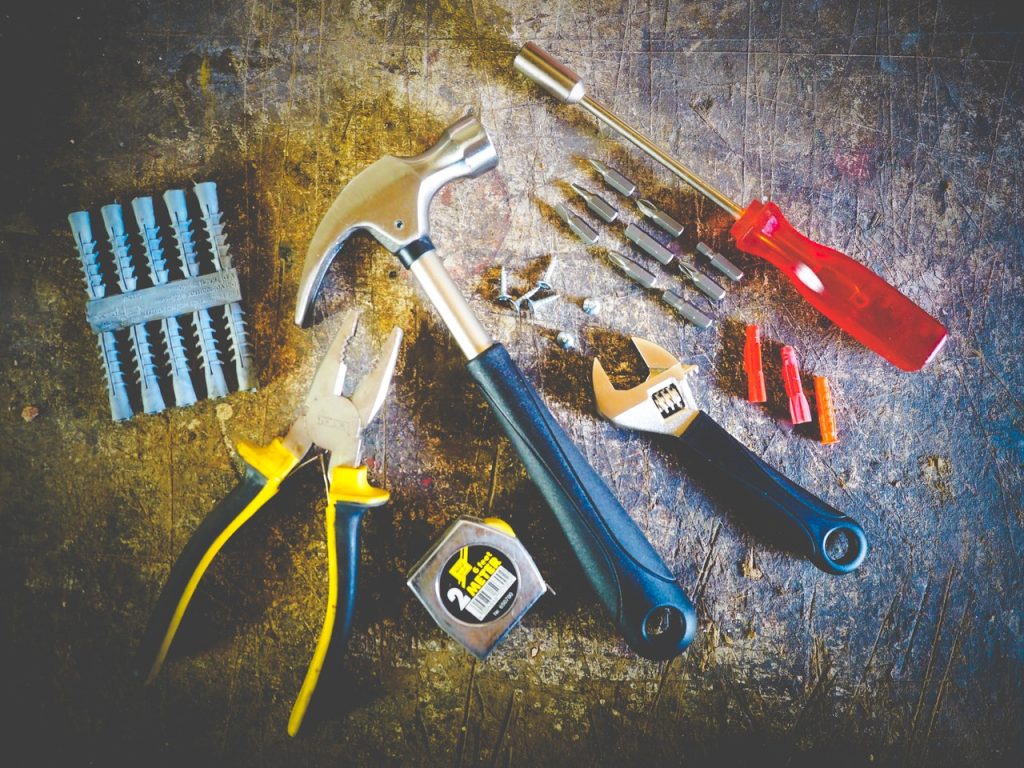How to keep safe as a tradesman during lockdown
As the UK entered the New Year, we were faced with another national lockdown resulting in many businesses continuing to operate from home. However, working from home is not a feasible option for tradespeople such as gas engineers, plumbers and electricians. As a result, official government guidance states that tradespeople working in domestic properties can continue to enter people’s homes for the purpose of working.
But, as new strains of the virus spread around the country, it’s essential that tradespeople are taking preventative measures to protect both themselves and their customers. Here are five tips to keep you and your customers safe while working throughout the lockdown.
Go cashless
Considering COVID-19 can survive on banknotes for 28 days, going cashless is your best option. Setting up card payments may seem a hassle, but it isn’t as difficult or expensive as you think—all you need is a card machine and a merchant bank account. There are different card machines available depending on the nature of your work and, as a trader, you’ll want one that’s small enough to carry to each job without getting in the way, as opposed to fixed-location Point of Sale terminal most often seen in brick and mortar stores, as noted by Tradesman Saver. “You need something that’s portable, relatively lightweight, and can work perfectly fine using nothing more than a secure WiFi or Bluetooth connection.” The insurance company recommends using an iZettle Reader, PayPal Here, or WorldPay Zinc for your tradesman business.
Contact the client before your arrival
Call the client when you’re nearby so they can prepare for your arrival. For example, they can leave the front door open for you to reduce unnecessary touching of doorknobs and doorbells, while leaving other doors open around the house means you don’t have to touch any handles. Remember that you should never enter someone’s home if they have tested positive for COVID-19 and are self-isolating, unless it’s an emergency.
Let your client know how you’re planning to carry out the work. For instance, if you know you need to enter multiple rooms in a client’s house, let them know so that they can organise the space accordingly.
Wear a mask
As cases of COVID-19 increase drastically, wearing a face mask inside a customer’s home reduces the risk of transmitting the virus. Most employers are sending their tradesmen out to work with the guidance of wearing a mask during any home visits, while it isn’t strictly necessary onsite. However, if you don’t wear a mask when completing a job in someone’s home, it puts both you and them at higher risk of contracting the virus.
Wash your hands as often as possible
Entering someone’s home to complete a job means it’s difficult to avoid touching surfaces. To prevent spreading the virus, wash your hands on arrival using the NHS recommended hand washing technique for around twenty seconds using soap and hot water. Using hand sanitiser often is also advised. You should wash them again if you sneeze, cough, or blow your nose, and again as soon as you can after leaving. Try and avoid touching your face and eyes until you’ve washed your hands after leaving the property.
Maintain a safe 2m distance from clients
Following the two metre rule in a client’s home will go some way to protecting you both, so ask them to stay in another room while you carry out the work (or at least as far away as possible). Avoid any potentially busy areas such as the hallway and stairs if possible. If you cannot maintain a two metre distance, you should wear a mask and ask your client to do the same unless either of you are exempt for medical reasons.
Work alone
Rather than working with a colleague and sharing a van to travel to jobs, work alone wherever possible. If it’s a two man job, ensure your vehicle is ventilated and try to arrange a ‘work bubble’ where certain employees team up to complete jobs together, without having to switch partners constantly.


